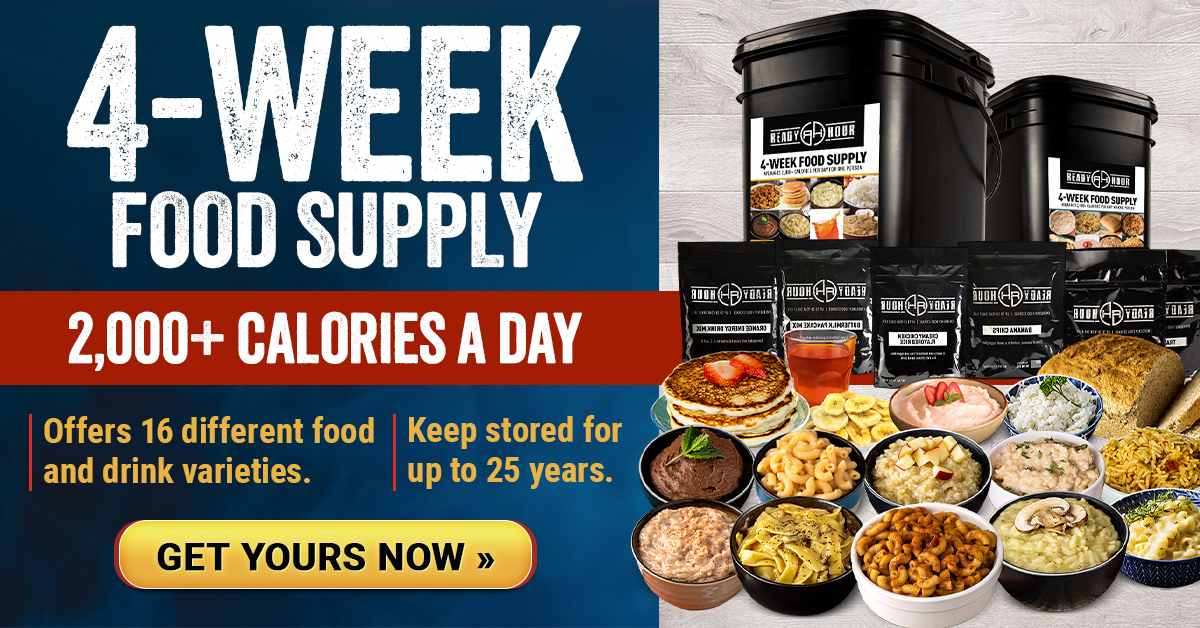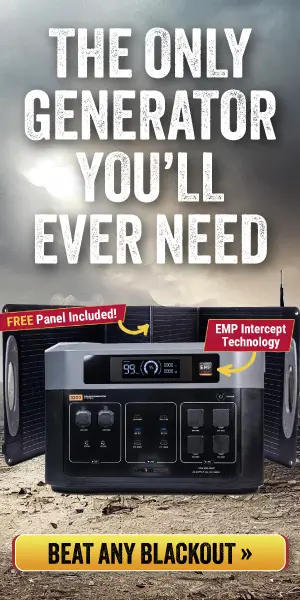(WND)—An Episcopal priest who is now a three-day champion on “Jeopardy!” is raising eyebrows after being unable to answer two famous clues from the Holy Bible on Wednesday night’s broadcast.
Kevin Laskowski, of Falls Church, Virginia, who is priest-in-charge at St. John’s Episcopal Church in Centreville, Virginia, was among the contestants dealing with the category “Quoting the King James Bible.”
To his credit, Laskowski was able to answer “And the light shineth in” this, which “comprehended it not.”
“What is the darkness?” he correctly responded.
Another clue stated: “The Lord is my shepherd; I shall not want. He maketh me to lie down in green” these.
“What is green pastures?” he answered rightly.
But then came a pair of clues to which the reverend was completely silent.
“Why beholdest thou” this 4-letter thing “that is in thy brother’s eye, but considerest not the beam that is in thine own eye?”
The correct response to the triple-stumper was “the mote.”
And the final, $1,000 clue also left all three contestants unable to voice anything.
“And the Lord God formed man of the dust of the ground, and breathed into his nostrils” this phrase.
The correct response is “the breath of life.”
The initial biblical clue stated: “Exodus 20:8 commands, ‘Remember’ this day ‘to keep it holy.’”
It was answered correctly with “the Sabbath;” not by the priest, but by challenger Julia Schan, a stay-at-home mom from Pleasanton, California.
Laskowski was able to answer the alcohol-related Final Jeopardy clue: “Its 15 official state songs include 2 that mention moonshine & 3 played in 3/4 time.”
He correctly responded to win the game: “What is Tennessee?”
Some comments posted online about the priest’s performance include:
“Imagine being an Episcopalian priest and not be able to answer these clues about the Bible. Neither did the other 2 contestants. Fun times.”
“I always chuckle a little when there’s a clergyman on Jeopardy! who doesn’t know bible clues.”
“The Episcopalian priest on Jeopardy only getting two answers correct in the Bible category [bleeping] rules.”
“The priest knew hip hop lyrics yesterday and missed Bible quotes today?? Is he cosplaying us?”
“So the Episcopal priest could barely handle the Bible category? That tracks about right. Catholics and Episcopalians don’t read nor teach the Bible.
“If you wear your clerical collar to be a Jeopardy contestant, you best show up in the ‘Quoting the King James Bible’ category.”
This Episcopalian priest dominated the “it’s also a drink” category, but he grew up Catholic so it checks out. #jeopardy pic.twitter.com/q6rtm7iXPG
— RK Cats (@richksu) November 26, 2024
Watching the Episcopalian priest bomb the “Bible” category on Jeopardy…. pic.twitter.com/09bGlr1hQn
— Joshua Ortegon (@JoshuaOrtegon) November 28, 2024
Follow Joe on Twitter @JoeKovacsNews
Content created by the WND News Center is available for re-publication without charge to any eligible news publisher that can provide a large audience. For licensing opportunities of our original content, please contact licensing@wndnewscenter.org.




